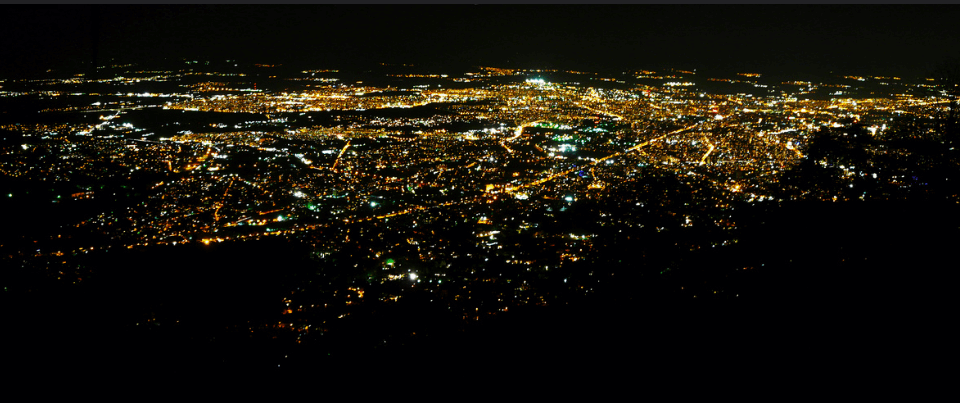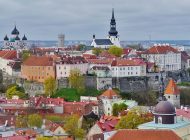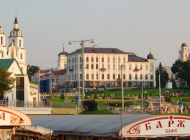Software development industry in Bulgaria is the most dynamic sector in the country. It has been showing a double-digit revenue increase for the fourth consecutive year and reached 1.86% of the GDP. Strong technical skills, reasonable developer salaries, the lowest corporate tax in the EU (10%!) and super fast internet drove foreign IT and outsourcing companies, such as Luxoft, Epam, SoftServe, Uber, SAP, to open or further grow their development offices in Bulgaria.
How many software developers there are in Bulgaria?
When I was at DigitalK in Sofia last May, I met cool people from IT Talents Training Camp. Together with a few other private IT education initiatives, they are growing the pie of the Bulgarian software development industry by training about 200 developers annually. For free. Considering that there’re around 10,000 software developers in the country, IT Talent’s input is quite significant. Interestingly, in my conversations with other industry players I’ve heard various estimations about the size of the talent pool in Bulgaria, the highest bid being 40,000 people! But it was for sure an overestimation. The local IT industry employs around 18,000 people in total, but to get the number of software engineers you have to deduct marketing, sales, account managers, system administrators.
A few big software brands are present on the market, such as SAP, VMWare, Telerik (acquired by Progress Software for $262.5M), Sirma Group, Imperia Online, Epam that together employ around 3,000 professionals. They attract the best talent, thus hiring experienced developers can be quite a challenge for small outsourcing companies. The demand side is ready to accommodate 20,000 more software engineers.
National technical universities accept around 3,500 students, and only 2,000 receive a degree four years later. The Bulgarian IT business has calculated that they need an annual output of around 6,000 qualified IT specialists. The technical education has strong traditions, and with appropriate upgrades in the curriculum and the support from the government, it can lead to an even more prosperous industry.
Developer salaries in Bulgaria
Quite regularly, when I talk to clients who want to outsource software development to an Eastern European country, I have to break their expectations about wages against reality. Some would think they’d find talented engineers with salaries slightly higher than in India. In fact, it was possible in the beginning of 90’s, but no longer. The demand for their skills is high, the standard of living is rising, and so does the paycheck. The good news is that the productivity is high and the salary level, as well as accompanying costs, are still below than in the Silicon Valley, London, or in the Nordics.
Various factors influence how much a developer would cost: years of experience, stack of technologies, complexity of the project. Below we provide average developer salaries (net, in Euro) in Bulgaria. Obviously, extra skills add 10-20% to the check.
Python is one of the most demanded technologies (not only in Bulgaria), so a senior Python developer would ask between 2,000 and 3,000 Eur net, with the brightest minds gaining between up to €5,000. As for .Net and Java, these languages are on a par, and senior specialists can expect to pocket between € 1,500 and €2,500. Worth noting that Bulgarian IT companies has strong competences in Microsoft technologies as the software giant’s R&D unit has been there for over 15 years, thousands of Bulgarian engineers went through the company, plus they have close subcontracting relationships with numerous local outsourcing vendors.

Wages in Bulgarian IT industry. Data contributed by IT Talents training camp.
Also, have a look at GoalEurope’s overview of software developer salaries in Belarus and Russia.
To sum up, the Bulgarian outsourcing industry has been performing very well in the past years, and is set to grow further, both in terms of new investments, revenues, employees. Startups, outsourcing vendors and R&D offices of big corporations will keep competing for talent, but also investing in training and educational initiatives.
Cover image credit: Beautiful lighted Sofia by Nikola Bagarov












